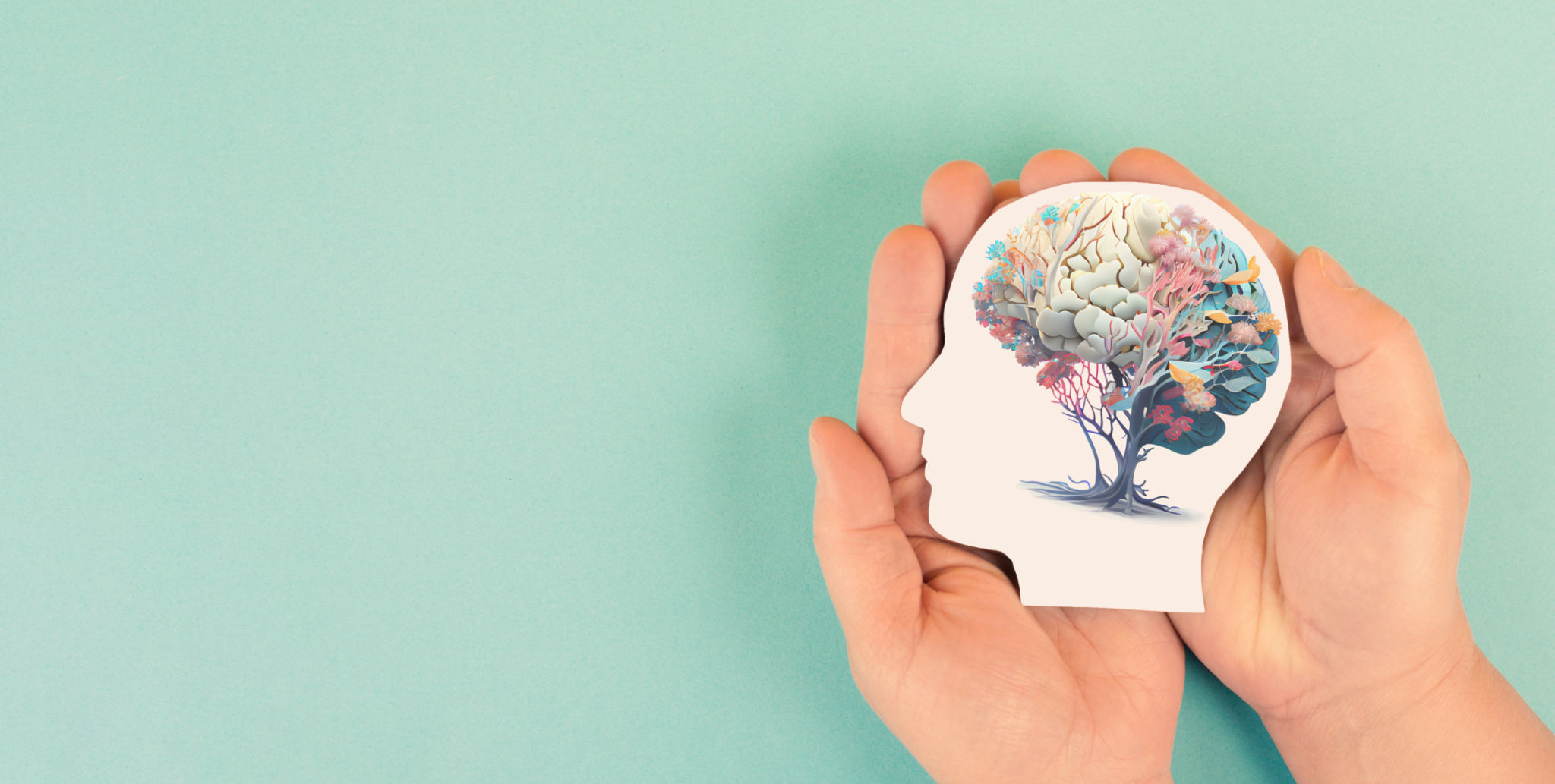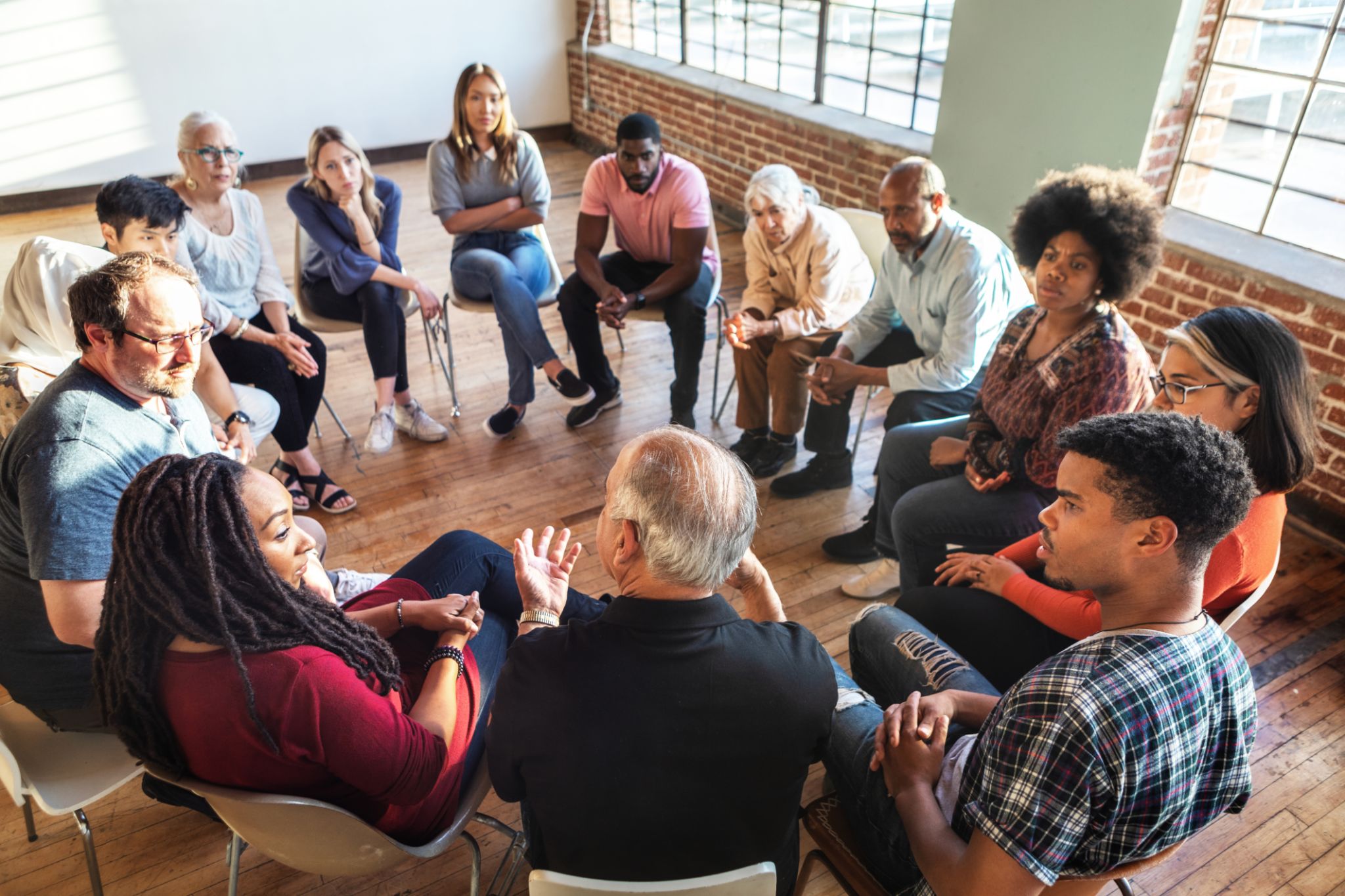Local Resources for Cognitive Rehabilitation: Finding Support Near You
Understanding Cognitive Rehabilitation
Cognitive rehabilitation is a therapeutic approach aimed at improving cognitive functions that may have been compromised due to injury, illness, or other conditions. This type of therapy is vital for individuals seeking to regain skills in areas such as memory, attention, problem-solving, and executive functioning. If you or someone you know requires cognitive rehabilitation, finding local resources can significantly enhance the recovery process.

Identifying Local Resources
When searching for cognitive rehabilitation services, it is essential to explore various local resources that can offer support and guidance. These resources often include hospitals, rehabilitation centers, and private therapy clinics. Additionally, universities with psychology or neuroscience departments may provide community programs that focus on cognitive therapy.
Rehabilitation Centers
Rehabilitation centers are specialized facilities that offer a range of therapies aimed at restoring physical and cognitive functions. Many of these centers provide personalized treatment plans tailored to the specific needs of each patient. It's crucial to research and reach out to centers in your area to understand the services they offer and how they can assist in cognitive recovery.

Community Support Groups
Support groups play a significant role in the recovery journey by providing emotional encouragement and shared experiences. Local community centers or hospitals often host support groups for individuals undergoing cognitive rehabilitation. These groups offer a platform to connect with others facing similar challenges, facilitating the exchange of coping strategies and motivational stories.
Finding Support Groups
To locate support groups in your vicinity, consider contacting local hospitals or rehabilitation centers, as they typically have information on active groups. Additionally, online platforms and social media communities can be valuable resources for finding both virtual and in-person support groups that cater to specific cognitive conditions.

Engaging with Professionals
Consulting with healthcare professionals who specialize in cognitive rehabilitation is a critical step in the recovery process. These professionals include neurologists, occupational therapists, and speech-language pathologists, all of whom possess expertise in different aspects of cognitive therapy. Scheduling consultations can help you understand the best course of action tailored to individual needs.
Selecting the Right Therapist
Choosing the right therapist is crucial for effective cognitive rehabilitation. Consider factors such as the therapist's experience, specializations, and approach to therapy. Personal recommendations from previous patients can also provide valuable insights into the effectiveness of a therapist's methods.

Maximizing Available Resources
Incorporating various local resources into the cognitive rehabilitation plan can significantly enhance recovery outcomes. Combining professional therapy with community support and self-directed activities creates a well-rounded approach to rehabilitation. It's important to remain proactive and informed about new resources and techniques that may benefit the recovery process.
Ultimately, finding support through local resources for cognitive rehabilitation requires research, patience, and persistence. By leveraging the available services and connecting with professionals and peers in your community, you can create a comprehensive support network that fosters healing and growth.